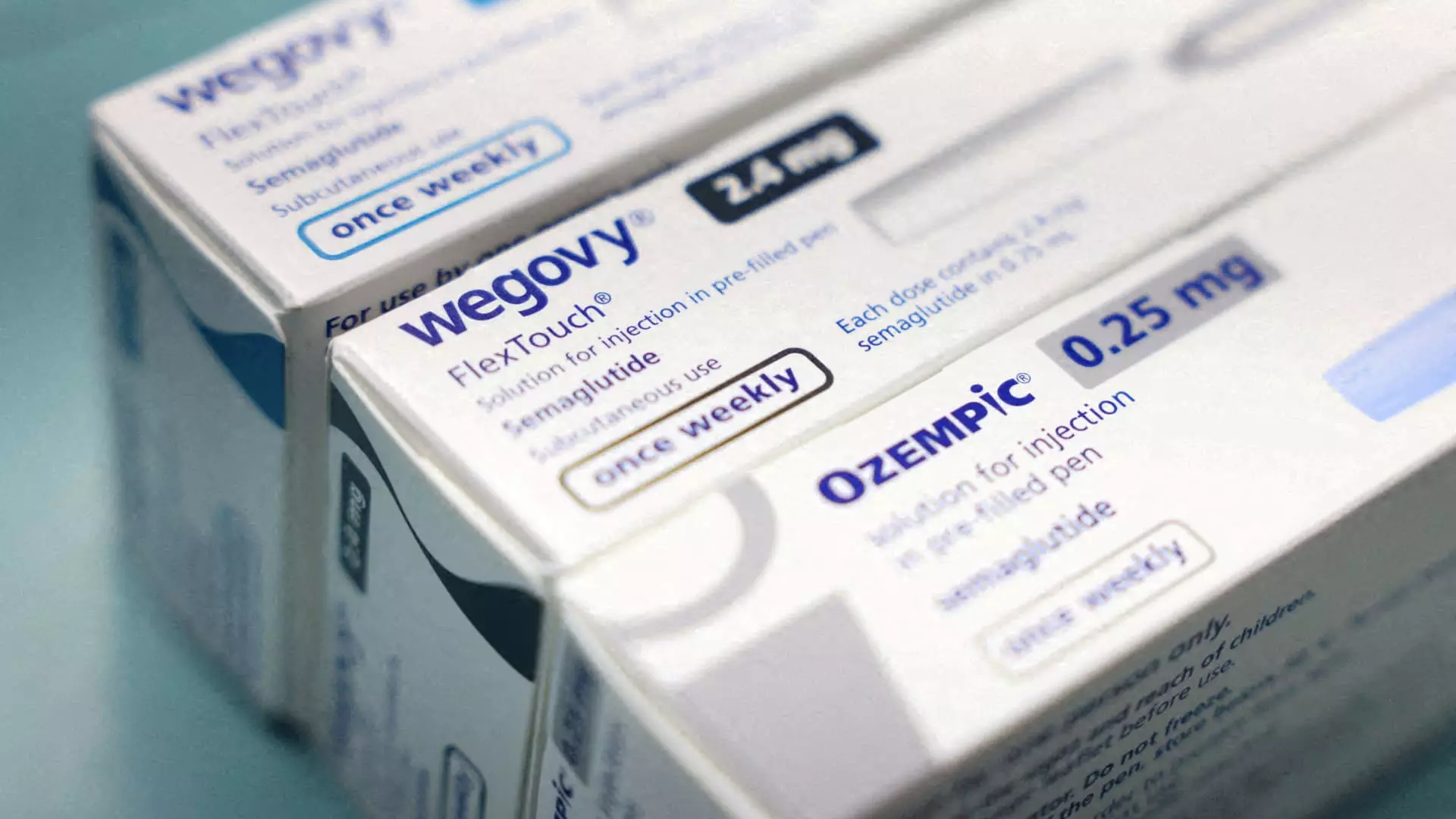In a significant turn of events for the pharmaceutical landscape, the U.S. Food and Drug Administration (FDA) announced the resolution of the long-standing shortage of semaglutide-based drugs, Wegovy and Ozempic. After more than two arduous years marked by escalating demand and lost accessibility, the FDA’s confirmation not only reverberates through the healthcare community but also ushers in a new era of treatment availability for millions of patients battling obesity and diabetes. This development comes as good news, signaling that the manufacturing capabilities of Novo Nordisk, the manufacturer of these blockbuster medications, have met current and projected patient needs.
Historically, the medication shortages have created a perfect storm, with compounding pharmacies stepping up to produce unapproved, often cheaper versions of medications in short supply. As these pharmacies filled the gaps left by commercial drug manufacturers, many patients turned to them as a necessary alternative. However, with the FDA’s declaration, the fate of these compounded versions hangs in the balance. Patients reliant on them may now face the unsettling prospect of having to switch back to the branded versions, which may not universally be covered by insurance.
The FDA’s announcement poses a particular threat to compounding pharmacies, which have carved out a niche by creating alternatives to branded medications. Many had thrived during the two-year shortage, providing significant relief to patients; however, the FDA has mandated that they cease these practices within the next 60 to 90 days. This transition period raises a pressing question regarding patient access to necessary medications. While the FDA’s move is essential for regulating drug safety, it also ignites concerns over shortcomings in affordable medication access, especially for weight loss treatments, which are not generally covered by Medicare or many insurance plans.
Compounding pharmacies played a crucial role during a time of scarcity, and the rapid decline of their operations could create renewed access issues, particularly as insurance coverage for weight loss drugs remains inconsistent, leaving patients facing high out-of-pocket costs for medications like Wegovy. This outcome underscores an inherent tension between regulatory compliance and patient accessibility.
Novo Nordisk’s stock experienced a favorable response, climbing approximately 5% following the announcement. In stark contrast, shares of telehealth company Hims & Hers, which provided compounded semaglutide, plummeted over 25%. This juxtaposition signifies the fragile nature of business models heavily reliant on unapproved drug alternatives in a regulated market. The FDA’s decision essentially shifts competitive dynamics, positioning Novo Nordisk to consolidate its place in a burgeoning market characterized by skyrocketing demand for weight loss and diabetes management solutions.
Analysts predict that the weight loss drug market could eclipse $150 billion annually by 2030, reflecting an insatiable appetite for effective treatments. With increasing competition from rival Eli Lilly—whose own tirzepatide-based drug has also seen its shortage resolved—Novo Nordisk must navigate both the innovatory pressure and the rising expectations for drug accessibility. Such competitive tension could stimulate further advancements in drug development and broaden patient options, albeit at a risk of market fragmentation.
Executive Vice President of Novo Nordisk, Dave Moore, remarked on the importance of ensuring patient safety by discouraging the use of unapproved variants, often sold without oversight. This sentiment reflects a broader concern about the implications of misinformation, especially in an age where patients increasingly seek out alternatives amidst pharmaceutical shortages. The FDA’s commitment to safeguarding the integrity of approved medications aligns with public health interests yet also demands careful communication with patients who have grown accustomed to alternative solutions.
As the FDA’s resolution fosters the return of reliable access to semaglutide medications, the repercussions for public health and regulatory practices will unfold. It is a critical juncture that invites dialogue on how to balance innovation, accessibility, and safety in a rapidly evolving pharmaceutical environment, ultimately aiming to support patients in their journeys toward better health outcomes.
The resumption of supply for semaglutide drugs heralds a new chapter in the management of obesity and diabetes in the U.S. While this resolution alleviates significant supply concerns, it simultaneously raises essential discussions about patient access, the role of compounding pharmacies, and the need for regulatory vigilance in an ever-growing pharmaceutical landscape.

